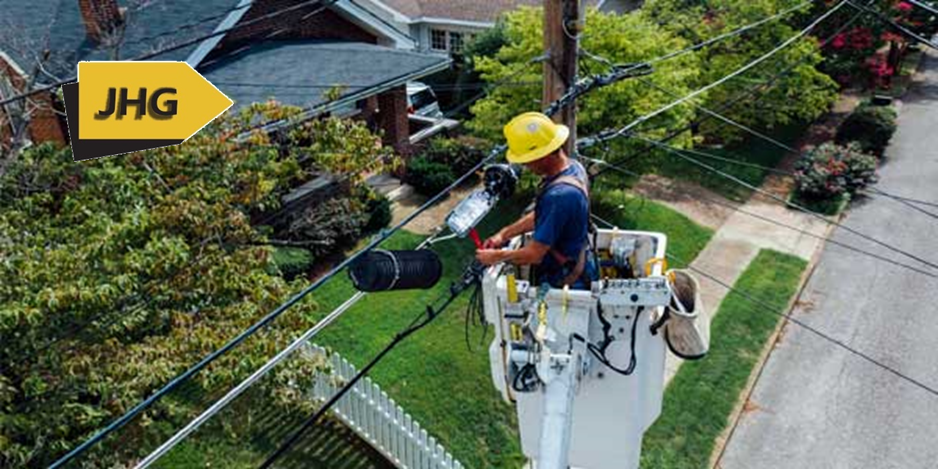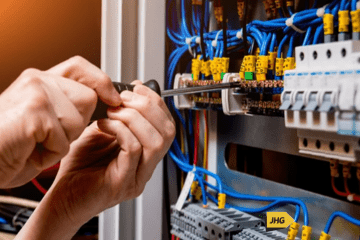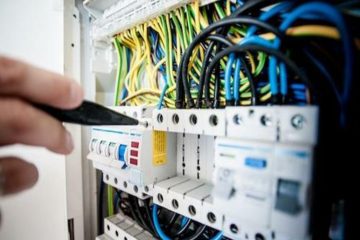The Nigerian economy is driven by the reliable supply of electricity. While our nation has prospered from our highly skilled electrical contractors, an increasing convergence of trends looks likely to fundamentally change how our industry operates. Will Your Company Be Competently Prepared For 2023?
As a range of new energy services and related technologies are introduced over the next decade, these emerging trends will most likely reshape core elements of the electricity workforce as a whole. This shift in occupational categories and new skills required could even be on a similar scale as the transition of labor from agriculture to the industrial age at the turn of the last century.
Because we are likely heading towards fundamental transformations in how we provide our service, this isn’t the time to simply wait around for these changes to happen. To really be prepared for what’s coming, we first need to understand it. So, what will the future of electrical contractors like us look like? Here are our tips.
1. Change Your Thinking
The connected nature of emerging technologies with smart interconnected capabilities will see the requirement for system thinking skills to increase. This mindset of systems thinking is set to become increasingly required by electrical contractors to ensure that smart tech is installed and configured correctly, as well as efficient fault finding and other maintenance. Depending on the required knowledge, electrical contractors may also become the liaison between the consumer and the technology manufacturers and networks. This is why we have continuously evolved in our company, and you can be sure of getting the newest innovations with us. Keep an open mind on us!
2. Invest In Upskilling Workers
Between now and 2023, new and existing staff will require ongoing upskilling, training, and development to accommodate the adoption of all emerging technologies as well as the complexity of installing them. The investment process for these skills will need to be adaptive overall. In fact, we have already begun expanding the range of services to meet the expected influx of residential smart systems. Take our company Just HardRich Global Resources Limited, for example, we have diversified into smart systems involving, security, and solar, and as a result, have a consistent flow of business even when other Nigerian electricians struggle in the current difficult climate. We advise that you invest in the future and ensure you have practices in place to help your workers adapt.
3. Prepare For Specialist Roles
These emerging technologies will create brand new skill sets, as well as new specialist occupations that do not currently exist anywhere within the industry. The creation of these new specialist roles will require workers who are both multi-skilled, as they will inevitably be required to operate and analyze the full suite of new digitalized technologies. Then as these specialist occupations become increasingly pivotal to the energy industry, they will play an increasingly important part in the workforce. We make bold o say that we are advancing our course of action by the day. Are you?
4. Take Care Of Your Employees
This does not mean traditional skill sets necessarily become redundant. In fact, the more experienced the worker is, the harder they are to replace because they have decades of knowledge that proves invaluable to customers and employers. Continuity of these skills and the investment in emerging proficiencies are both essential in ensuring that skill gaps in your workforce do not occur. We advise that you take care of your current team members so that they are more likely to stay with you in the long term.
So, while it’s critical that tradespeople employed in the future have the ability and desire for lifelong learning, in our case, it’s just as important to ensure that senior technicians have the chance to hand down their knowledge to younger trainees and apprentices.




